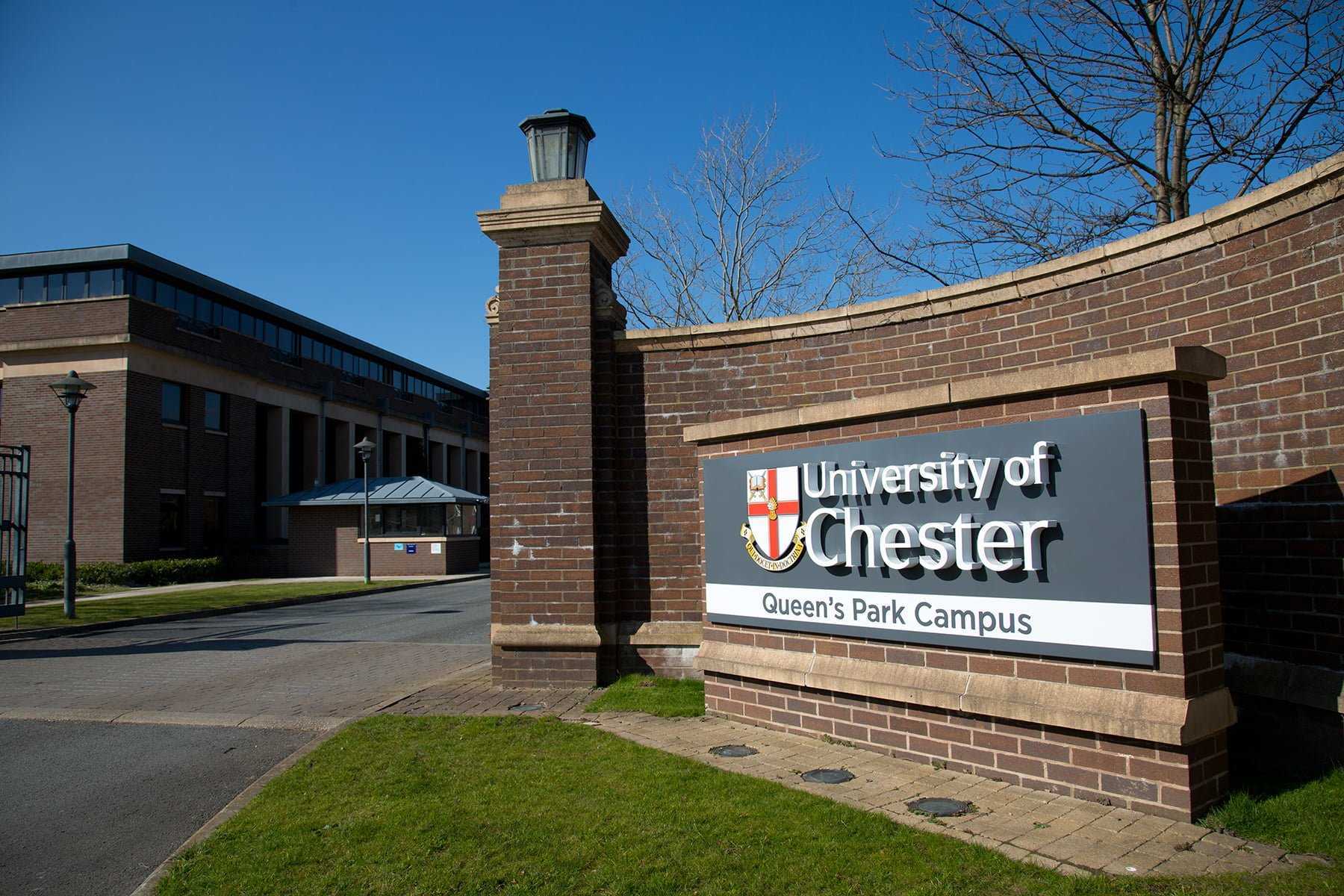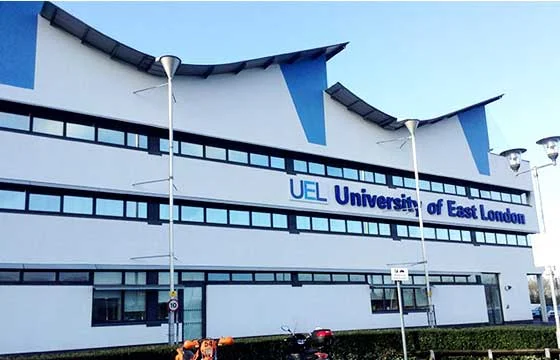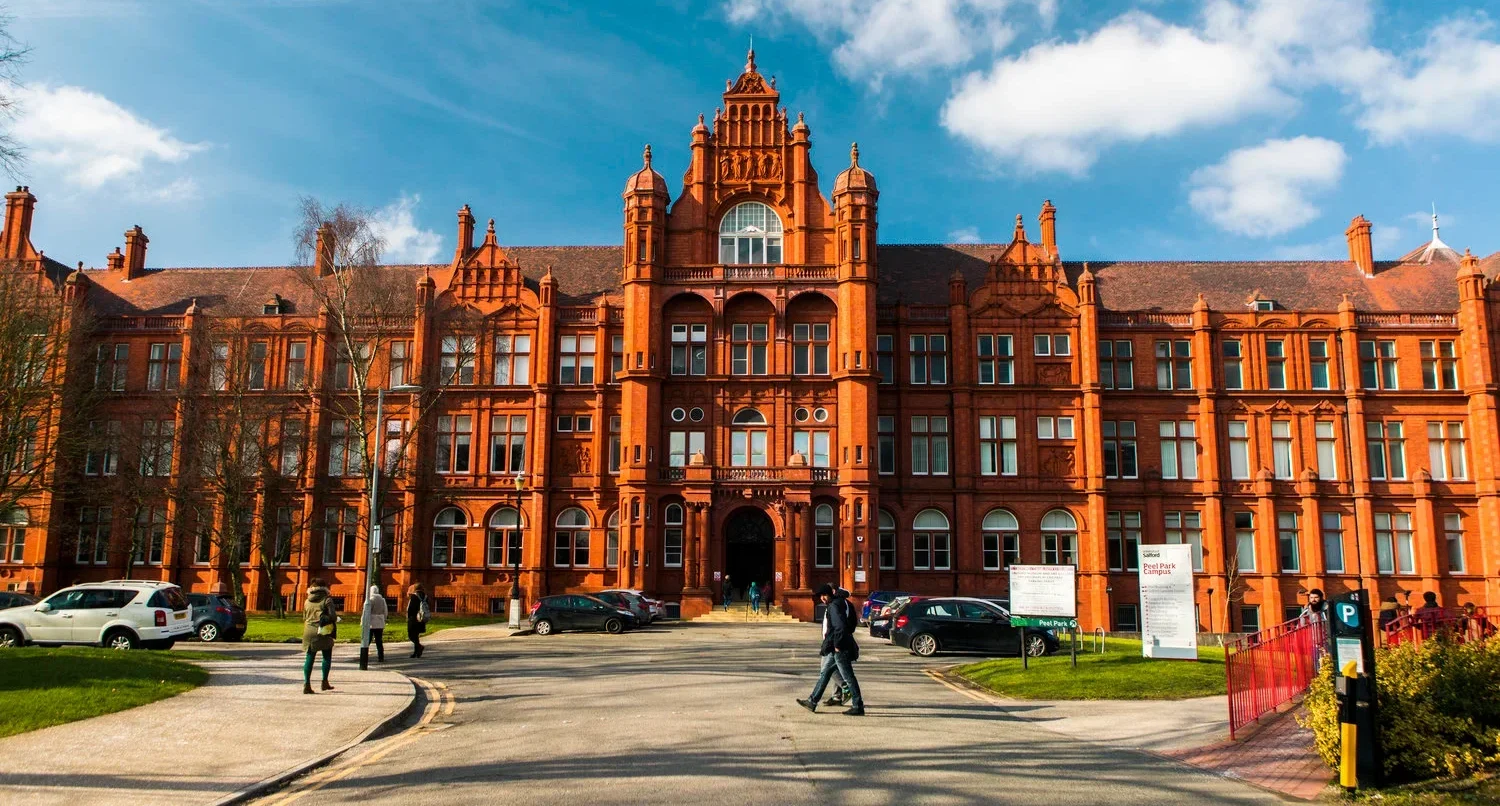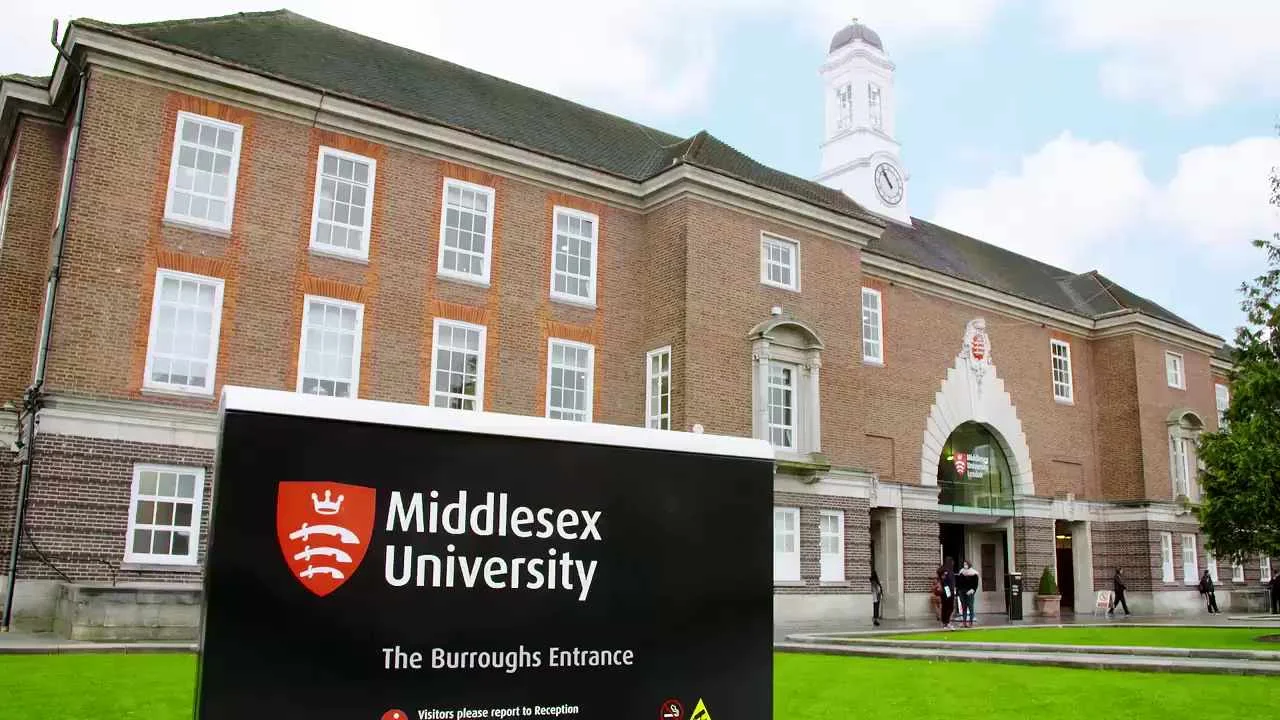Study in UK
Study in UK offers a unique and enriching experience for international students. The UK is home to some of the world’s most prestigious universities, offering a wide range of courses across various disciplines. The UK boasts enchanting cities such as Edinburgh, Manchester, Birmingham, and Glasgow, enriching the student experience. The nation also hosts some of the world’s top universities, such as the University of Oxford, the University of Cambridge, Imperial College London, and University College London, renowned for their academic excellence and global recognition.
Why study in UK?
- World-Class Education: The UK boasts several top-ranking universities globally, known for their research, teaching quality, and academic excellence.
- Diverse Course Offerings: Whether you’re interested in science, the arts, business, or any other field, UK universities offer a plethora of courses to choose from.
- Cultural Diversity: The UK is a culturally diverse country, providing an inclusive environment for students from all over the world.
- Shorter Course Duration: UK degrees are frequently shorter than their counterparts in other countries, allowing students to graduate faster and save on tuition and living expenses.
- Work Opportunities: International students in the UK can work part-time during their studies, and they may have opportunities to stay and work in the UK after graduation.
What are the documents required for the application process at UK universities?
- Confirmation of Acceptance for Studies (CAS): You must have received a Confirmation of Acceptance for Studies (CAS) from a licensed Tier 4 Sponsor, which is essentially your offer letter from the university or college where you intend to study.
- Funding Proof: You need to demonstrate that you have enough money to support yourself and pay for your course.
- English Language Proficiency: You must provide evidence of your English language skills. A Secure English Language Test (SELT), such as IELTS, TOEFL, or PTE, typically serves this purpose.
- Valid Passport
- Consent of Parents or Guardians: If you’re under 18, you’ll need written consent from your parents or guardians to travel to the UK, along with proof of your relationship.
- Tuberculosis Test Results: If you’re from a country where you have to take the test, you will need to provide your tuberculosis test results.
- Visa Application Form: You must fill out the online application form and pay the visa fee. As of my last update, the fee for a Tier 4 (general) student visa was £363, but it’s always wise to check the most current fee.
- Photographs and Fingerprints: As part of your application, you’ll need to have your photograph and fingerprint taken at a visa application center (this is known as ‘biometric information)
Quick Facts
- Capital: London
- Currency: Pound sterling (£)
- GDP: 3.089 trillion USD
- Population: 66.97 million
- Official Language: English
- Number of Universities: 160
Featured University
We offers the Best Universities for Study in UK.

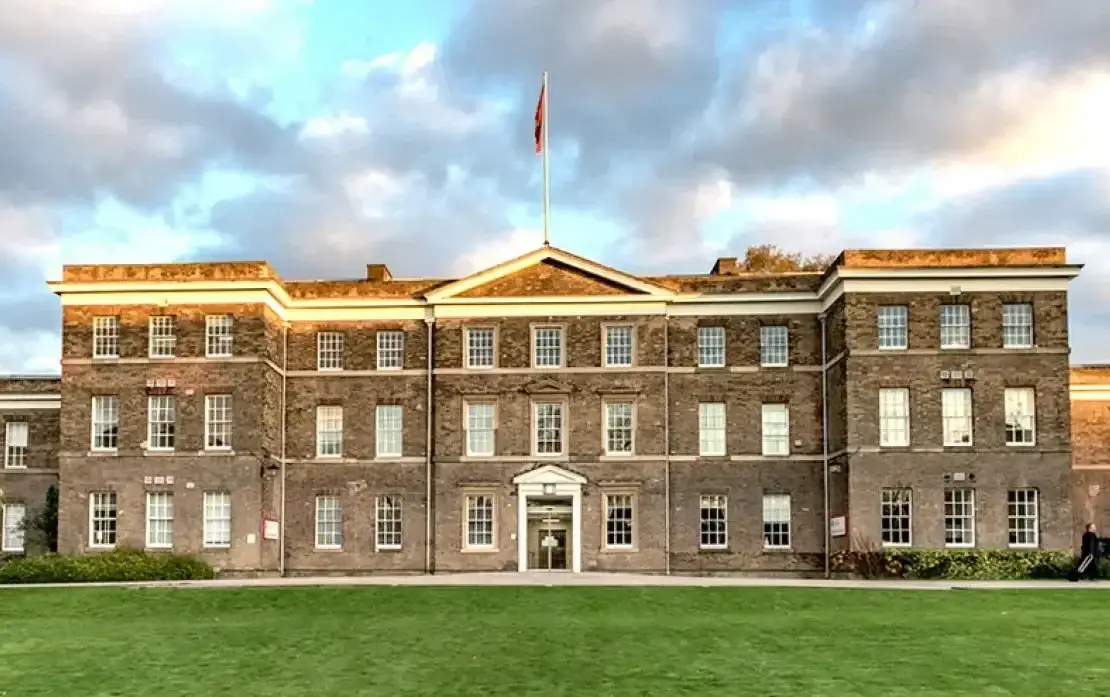


What is the application procedure for UK universities?
- Choose a Course and University: Do research and decide on the course you want to pursue, as well as the universities that offer it.
- Meet the requirements: Check the entry requirements for your chosen course, which may include language proficiency tests like IELTS or TOEFL.
- Apply: You can apply through the UCAS (Universities and Colleges Admissions Service) for undergraduate courses or directly to the university for postgraduate courses.
- Secure Funding: Determine how you’ll finance your studies, whether through savings, loans, scholarships, or grants.
- Obtain a Visa: To study in the UK, you’ll need a Tier 4 (General) student visa, which requires you to have an offer from a licensed student sponsor, among other requirements.
- Prepare for Your Stay: This includes arranging accommodation, understanding healthcare services, and budgeting for living expenses
How can I apply to UK universities from the UAE?
- Research schools and courses. Explore options and ensure you meet the entry requirements.
- Choose Up to Five Courses: Select up to five courses at the same or different universities.
- Register and apply on UCAS. Create an account on the UCAS website, fill out your details, and submit your application.
- Write your personal statement: Craft a statement that highlights your interest in the course and your qualifications.
- Get a Reference: Obtain a reference from someone who knows you academically or professionally.
- Submit your application. Check everything thoroughly before submission. Keep in mind the application fee.
- Track your application: Use UCAS Track to monitor the status of your application.
Remember, deadlines are crucial—typically mid-January for most courses and mid-October for medicine, dentistry, veterinary science, or applications to Oxford and Cambridge.
How is life in the UK for international students?
- Accommodation: You can choose between university dormitories, private student halls, or private housing.
- Cost of Living: Prices can vary significantly depending on the city, with London being more expensive compared to other cities.
- Culture and Leisure: The UK offers rich historical sites, diverse culinary options, and vibrant arts and sports scenes.
- Healthcare: International students in the UK have access to the National Health Service (NHS), often covered by a small surcharge paid with the visa application
Can you get a job in the UK after graduation?
- Graduate Route Visa: Apply for this post-study work visa, which allows you to stay in the UK for 2 years (3 for PhDs) to find a job.
- Job Search: Use your university’s career services, job fairs, and online job portals to find employment opportunities.
- Skilled Worker Visa: If you secure a job offer, you may switch to a Skilled Worker Visa, provided the job and salary meet specific criteria.
- Sector Opportunities: Focus on sectors with a high demand for skilled workers, such as engineering, IT, and healthcare.
- Work Experience: To enhance your employability, gain experience through internships or part-time jobs during your studies.
Global Recognition
Graduates from UK schools are highly sought after due to the impressive international reputation of the United Kingdom education system.
Cost Of Living
Living expenses and tuition costs are considerably lower in UK than they are in the United States and India.
Diversity of Education
Institutions in UK offer a wide variety of courses and degrees, so international students can easily find the school for them.
Scholarships
Take advantage of renowned scholarships for top performing students to offset the cost of study in UK.
Beautiful Flora & Fauna
Impressive biodiversity – UK is simply one of the worlds most beautiful places to study and work.
Work Opportunities
Students visiting the country are allowed to work up to 20 hours per week while they are studying in UK.




